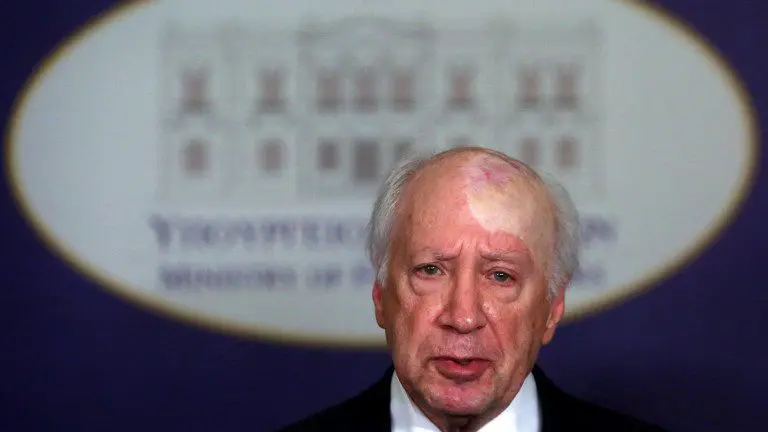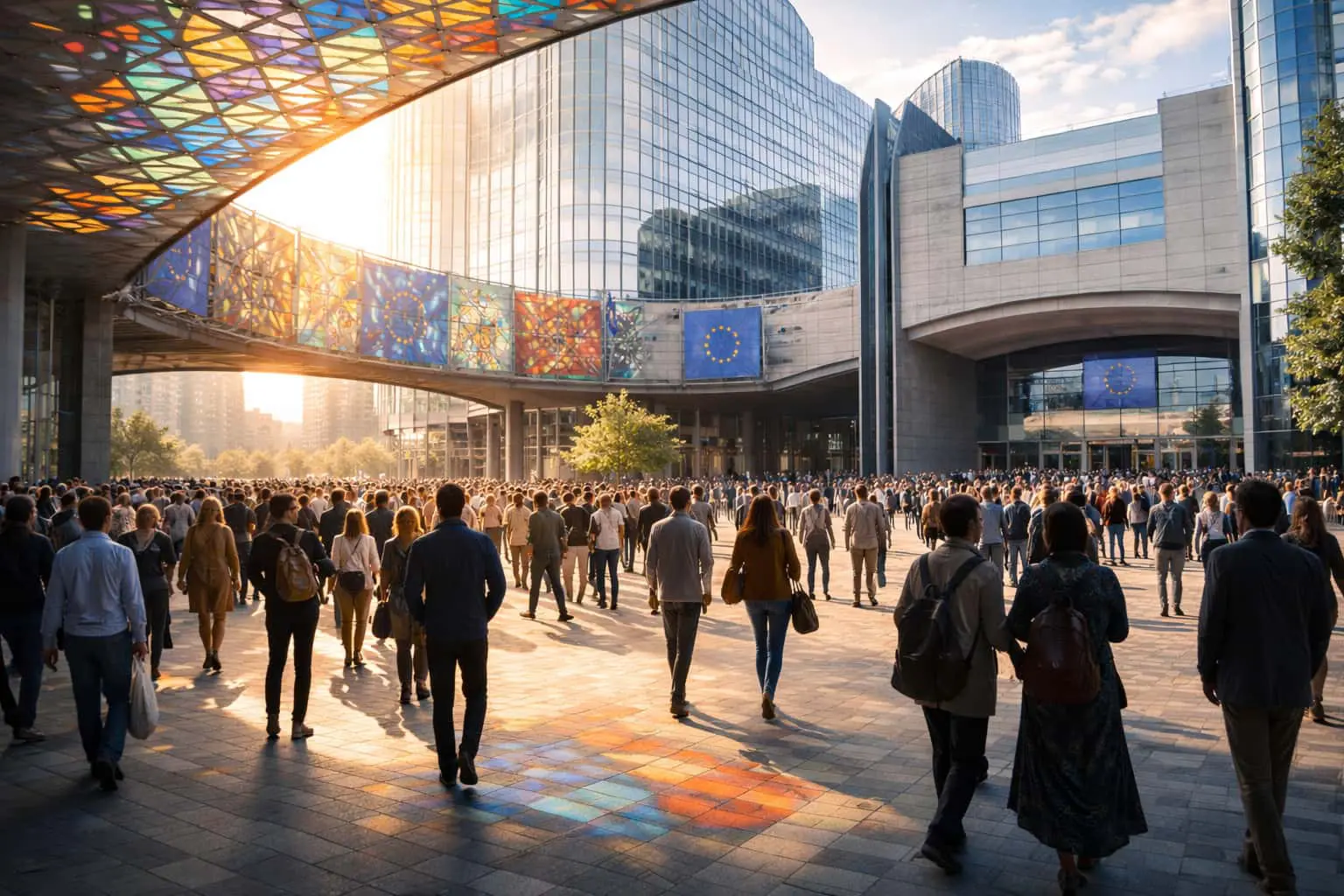The uniqueness of the Macedonian language is universally recognized and confirmed at the UN, says former mediator in the dispute between Greece and the Republic of Northern Macedonia over the country’s name, Matthew Nimetz. In an interview with Channel 5, when asked about the relations between Sofia and Skopje, he explained that for the Greek side the problem was not in the identity, but in the name, and this is already a different dispute.
“These problems are unique, there have been situations that have been similar, but not so similar. You know that the Prespa Agreement refers to language, it does not use the word identity because it is not a legal word. The Macedonian language has long been accepted and people all over the world know that the Macedonian language exists. “
The dispute with Greece was not about the language at all, but about the name of the language. In other words, the Greek side had no problem having a special language. But their problem was that if it was called Macedonian, it could give the impression that it had a connection with the ancient Macedonians, Nimetz explains. The dispute with Bulgaria is different – regarding the origin of the languages. “I’m not an expert on this, it wasn’t an issue in the Prespa Agreement, but it’s an issue they want to discuss, so it’s a matter of discussion,” Nimetz said.
Asked if one could speak of one’s identity, which is an inner sense of belonging, Nimetz was adamant that identity could not be negotiated. He believes that mediation is not necessary, and both sides must resolve the issue themselves.
Mediation or a decision with Bulgaria should not last 20 years, it should not last even 20 months, in my opinion. But both sides must decide for themselves. “Whether they need a mediator or not, they have to decide for themselves, not someone outside instead,” Nimetz said.
We remind that a week ago, when asked whether Bulgaria will lift the blockade, President Rumen Radev answered that “our friends from Northern Macedonia and the country’s leadership must lift the blockade themselves.” It is not Bulgarian, we need real, sustainable results for membership. in the EU, to change textbooks, monuments with their inscriptions, museums, public media, to eradicate hate speech – when the border falls, our young people should not be hated, “he added.
Bulgaria reaffirmed its position on the European perspective of Northern Macedonia during the regular meeting of the General Affairs Council in Luxembourg.
On June 11, 2021, after the last meeting of the Joint Multidisciplinary Expert Commission on Historical and Educational Issues with the Republic of Northern Macedonia, its chairman from the Bulgarian side, Prof. Angel Dimitrov, announced another failure. “The last hours have shown that it is difficult to reach an understanding for a text about Gotse Delchev,” said Angel Dimitrov.
In general, the negative findings of failure are repeated after each of the meetings, as the talks were interrupted before the elections in the Republic of Northern Macedonia, which took place last year. At the same time, both the ruling party and the opposition in northern Macedonia expressed a number of hopes that after the change of power in our country there would be a reversal in our position and the veto imposed by Bulgaria on the negotiating framework for EU membership of RSM and Albania.
At the same time, attempts at influence by a number of EU member states are increasing, with German Foreign Minister Heiko Maas speaking at a virtual meeting of the Berlin Process Foreign Minister.







